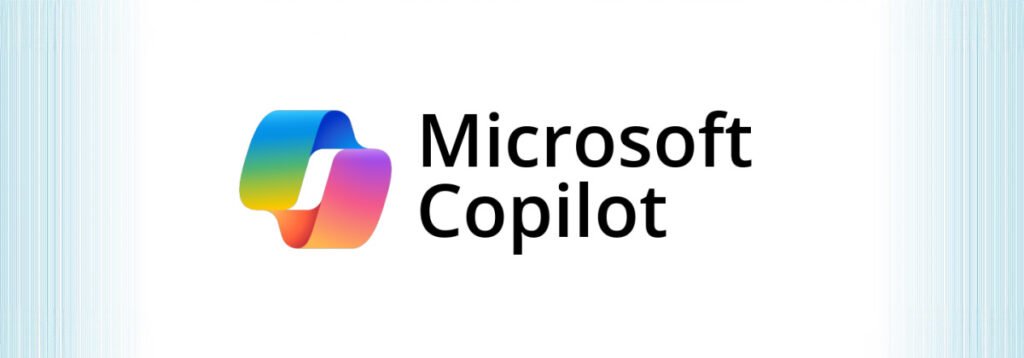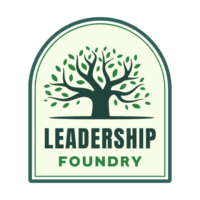
Imagine completing projects faster, smarter, and with fewer headaches. Toady, AI and automation are making this a reality for project managers worldwide. From automating repetitive tasks to predicting risks before they derail your timeline, these technologies are reshaping how projects are planned, executed, and delivered. According to MIT, generative AI can boost skilled workers’ performance by up to 40% (Coursera). But how exactly are AI and automation transforming project management? This article explores key applications, a real-world case study, and practical steps to integrate these tools into your workflow, ensuring you lead projects with confidence and efficiency.
The Impact of AI on Project Efficiency
Why is AI a game-changer for project management in 2025? It’s simple: AI saves time, reduces errors, and empowers data-driven decisions. Tools like predictive analytics forecast delays, while automation handles repetitive tasks like scheduling or status updates. Epicflow’s research highlights that 78% of project managers using AI report improved resource allocation (Epicflow). This efficiency lets you focus on strategic leadership, not micromanaging details. Curious about how AI enhances leadership? Check out AI-Powered Leadership: Making Smarter Decisions in the Digital Age for insights on leveraging tech for success.
Key Benefits:
- Time Savings: Automate routine tasks to free up hours for high-value work.
- Accuracy: AI reduces human error in budgeting and forecasting.
- Proactivity: Predictive tools identify risks early, saving costly rework.
Key AI Applications in Project Management
AI and automation are not just buzzwords—they’re practical tools reshaping project management. Here are three transformative applications for 2025:

- Task Automation with Tools Like Microsoft Copilot
Microsoft Copilot integrates with project management platforms like Microsoft Project, automating task assignments and progress tracking. For instance, it can suggest optimal task sequences based on team availability, cutting planning time by up to 30%, per Replicon’s findings (Replicon). This allows project managers to focus on team engagement rather than administrative tasks. - Predictive Analytics for Risk Management
AI tools like Planview use predictive analytics to flag potential risks, such as budget overruns or delays, before they escalate. By analyzing historical project data, these tools provide actionable insights, enabling proactive adjustments. Learn more about strategic decision-making in Vision in Action: How to Translate Big Ideas into Decisions. - Resource Optimization with Epicflow
Epicflow’s AI-driven platform optimizes resource allocation by balancing workloads across multiple projects. It predicts bottlenecks and suggests reassignments, ensuring no team member is overburdened. This aligns with leadership principles in How to Stop Micromanaging: 5 Delegation Strategies for Leaders, emphasizing efficient delegation.
These applications show how AI empowers project managers to work smarter, not harder. For more on enhancing efficiency, explore High-Performing Leaders Don’t Just Work Hard, They Work Smart.
Case Study: How You Can Use AI to Optimize a Software Rollout
Picture yourself as a project manager at a mid-sized tech firm, tasked with rolling out a new customer relationship management (CRM) system in 2025. With tight deadlines and a distributed team, you turn to AI tools to streamline the process. By using Microsoft Copilot, you automate task assignments, ensuring developers and testers stay aligned without endless meetings. Epicflow’s resource management tool helps you balance workloads, preventing burnout during peak phases. Predictive analytics flags a potential delay from a third-party vendor, enabling you to secure an alternative supplier early. The result? You launch the project two weeks ahead of schedule, save 15% on costs, and earn your team a company-wide recognition award.
This case study shows how you can harness AI to transform complex projects. Want to boost your leadership skills with AI? Read 5 Ways AI Supercharges Your Leadership Growth for practical tips.

Actionable Tips to Integrate AI and Automation
Ready to bring AI into your project management toolkit? Here are five steps to get started without disrupting your workflow:
- Start Small with One Tool: Begin with a user-friendly tool like Microsoft Copilot for task automation. Test it on a single project to assess its impact.
- Train Your Team: Offer short training sessions on AI tools to ensure buy-in. Coursera’s project management courses can help (Coursera).
- Leverage Predictive Analytics: Use tools like Planview to forecast risks. Start by analyzing past projects to identify patterns.
- Optimize Resources: Adopt Epicflow or similar platforms to balance workloads, especially for multi-project environments.
- Monitor and Adapt: Regularly review AI outputs to ensure they align with project goals. Adjust settings as needed to maintain human oversight.
These steps ensure a smooth transition to AI-driven project management. For more on adapting to new tools, see Mastering Adaptability: 5 Strategies to Overcome Uncertainty.
Pro Tip: Balance AI with human judgment. Over-reliance can disconnect you from your team, so maintain regular check-ins to foster trust, as discussed in How to Build Trust: 5 Practical Steps for New Leaders.
Conclusion
In 2025, AI and automation are transforming project management by streamlining tasks, predicting risks, and optimizing resources. From Microsoft Copilot’s task automation to Epicflow’s resource management, these tools empower project managers to lead with efficiency and foresight. By starting small, training your team, and balancing technology with human connection, you can harness AI to deliver projects that exceed expectations. Ready to take your leadership to the next level? Explore Leadership Development for resources to grow your skills and stay ahead in this AI-driven era.



